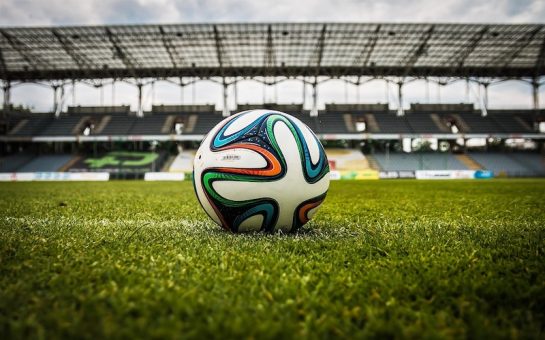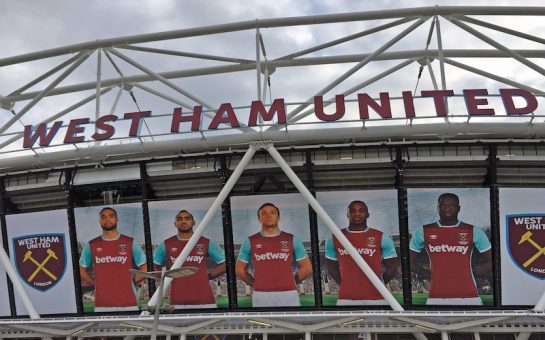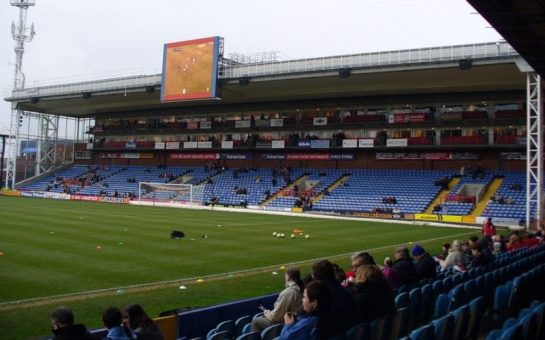Female/non-binary football team Clapham Queens, aims to fulfil a growing demand for women’s football while improving inclusivity for all gender identities within the sport.
Stephanie Collingwood, 30, created Clapham Queens over lockdown in 2021 with captain Raveena Bansal, 27, and Ronnie-Martine Hall, whose company RM Events sponsor the team, and together they are keen to highlight the wider LGBTQ+ issues within football and tackle them through events hosted by Hall’s company.
Their first ever game is on Saturday and the team currently have around 29 players, with plans of eventually creating an academy for younger girls to join.
Collingwood felt inclined to create the Queens after realising there is a lack of LGBTQ+ friendly teams in London, as well as experiencing the full effects of lockdown and isolation, which left her wanting to get out and play football as much as possible.
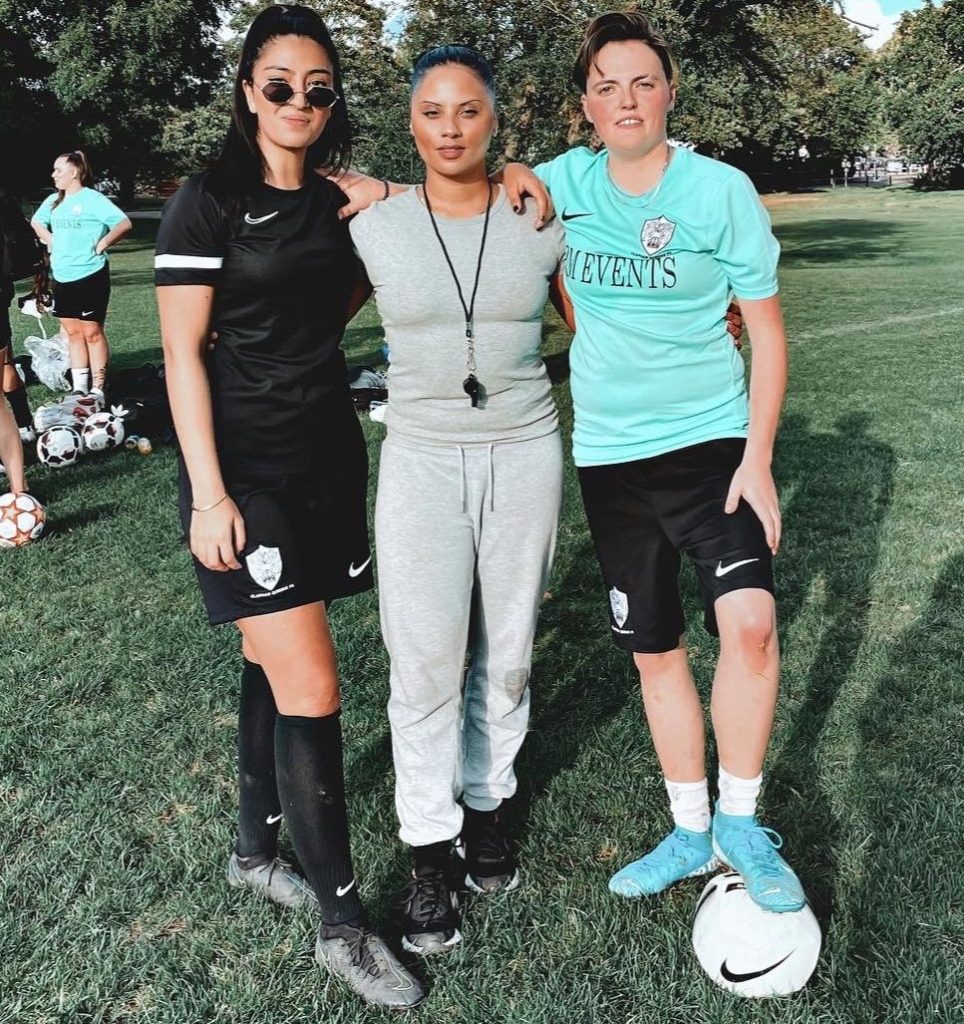
She said: “We wanted to get out of the house and everyone had been isolating.
“So we got a few girls together then I started thinking – why don’t we make our own football team because loads of LGBT girls would like to join in.”
Bansal added: “Given what everyone went through last year, and everyone feeling quite isolated, having sport was not only a mental, but a physical outlet.
“So we thought we should do something to not only bring people who love football together, but people who’ve been through a similar COVID journey.
“It was a way for us to get back into football. We love it.”
Currently training as a paramedic, Collingwood is also looking to provide her players with not just a club, but a family and safe space that they can rely on.
She aims to equip her players with a collection of life skills, such as first aid and self-defence – which may prove to be invaluable during an era that has seen a rise in violence towards women.
Collingwood’s aim for the club is to eventually start an academy, focusing on girls from under-12 and up with the aim of potentially being a feeder club for other London based women’s clubs like Arsenal and Chelsea.
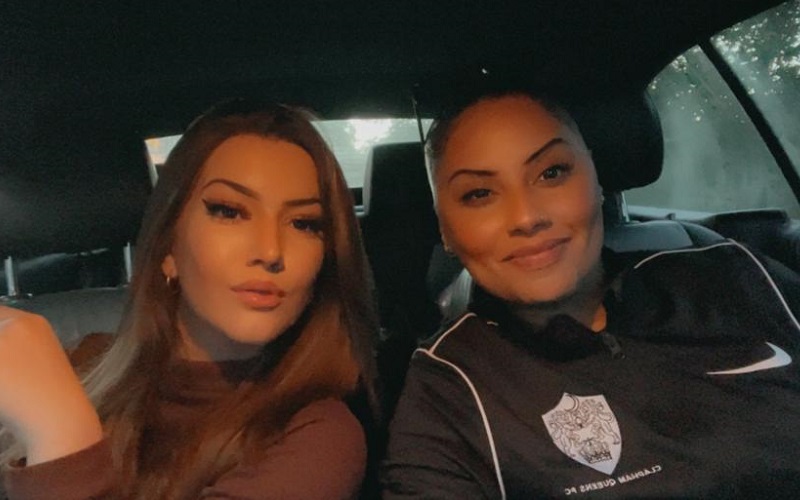
While in the women’s super league, LGBTQ+ representation is more overt, in the men’s game in the UK there are currently no openly gay players.
All Premier League games in the next two match weeks will demonstrate their commitment to LGBTQ+ inclusion in the league, with players and managers wearing rainbow laces and armbands, however Collingwood and Bansal feel these actions are performative.
Collingwood said: “I’m a bit sceptical. I don’t want to be negative.
“But, if they cared about it, as much as they’re showing during the time, they would do a lot more to support it, not just wear a band. Instead, make proper changes within football.
“It’s all well and good putting on a band for like, one match, and then what happens after?”
Bansal said: “I think I think a lot of it is just performative.
“You can take it the same in terms of the Black Lives Matter movement. We didn’t see any players taking the knee until that happened.”
The pair both feel that LGBTQ+ representation has a long way to go in the men’s game, and acknowledge the deep-rooted, toxic atmosphere that can surround the sport may leave gay players feeling hopeless.
Collingwood said: “Think about men, I’m not saying they have it harder, women have these problems too, but I think men can have it a lot harder because men are men and boys can be boisterous.
“There’s not a lot of support networks in it.”
Bansal added: “I definitely agree. It’s actually quite shocking.
“I think there’s a way better representation of the LGBT community in women’s football. If you look at the Women’s American team, if you look at women who play in England, women do come out and express their sexuality.
“Imagine if one of the top football players that kids aspire to be, like Ronaldo or Messi, came out and said, ‘I’m a top player in football, and I’m gay’ and no one questioned it, and they still got to play for these top clubs, you would be creating a very accepting culture.”
This feeling is amplified after Josh Cavallo became the first male professional footballer to come out as gay last month, and was received by an outpour of support from clubs and fellow players.
Bansal said: “I think him coming out set a precedent, he’s so young, he’s 21 – someone of that age who plays a good standard of football gives others a role model to look up to.”
Collingwood added: “It’s really good that he’s done that – he sets the tone for other young players that might be able to come out, they might feel more comfortable.”
Clapham Queens’ first game on Saturday is against another development team, and as they are filled with police and paramedics, Collingwood’s priority is now finding a strong foundation of players that can play together often, before organising any more matches and getting involved in their league.
Featured image: Ronnie-Martine Hall
